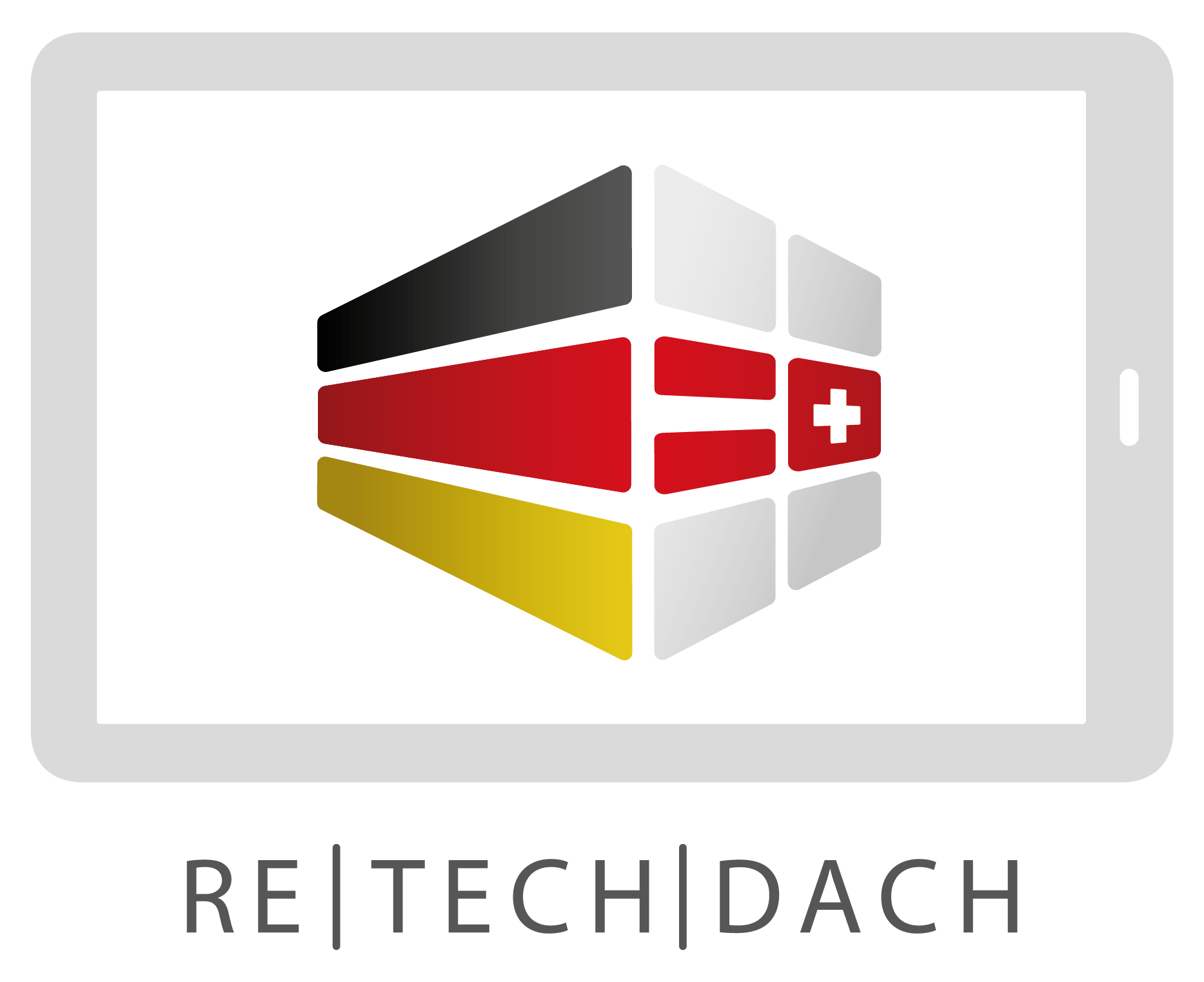CON | TECH
Construction Technology (Contech) covers all new technological developments for the optimization of processes and workflows in the construction industry. This includes the use of big data, innovative integral planning, process and resources software, as well as the application of advanced, computer-based technologies in all phases. Building Information Modeling (BIM), smart materials and 3D printing are on everyone’s lips. The digital recording and processing of all relevant design, planning and implementation data will, together with new technologies and innovative materials, change the way in which we think, plan and build buildings in the future. As an umbrella organization, we want to initiate and accompany the development of new ideas, from the initial problem analysis through to the development of appropriate business models and their implementation in real projects. With the aim of overcoming barriers in thought and action and the absolute desire for further development and optimization, we want to present ourselves on the market as a source of ideas, a supporting body, financiers and professional users.
Expert statements
Gregory Millen, Bildify, Founding member

Construction at macro scale, by the end of this decade, will account for more than 13% of the global economy (PwC). Presently, a US$9 trillion per year market, it is forecast to be US$15 trillion per year in 2025 (Oxford Economics & GCP). Even with such large amount of capital at stake, Construction today is one of the most unproductive industries in the world. It is second only to Agriculture and Hunting as the least digitised sector (McKinsey), therefore it has not yet benefited like others from transformational technology and business models.
Lack of productivity is due to the silos that exist between an increasing wide diversity of stakeholders and interrelated industries, on the jobsite, in the project office and throughout the supply chain. Missing information, communication breakdown and poor collaboration results in compounding the industry’s disconnection issues. Non-transparency makes Construction the most corrupt global industry and very prone to economic crime (WEF and PwC). Still, amazing building and urban environments are built but on a global social level affordability of homes and increasing cases, unavailability is on a rapid rise.
For the first time in human history more people now live urban than rural, this trend is set to increase to 70% in 2050 (UN). The Construction industry has no choice to respond and transform. The industry incumbents and PropTech startups need to unite to deliver on the new demands.
It has to attract across the board, particularly younger generations to breed smart new talent to take advantage of the here now, next wave of disruptive digital technologies. If the industry doesn’t move swiftly others will, as witnessed in the last 25 years of the digital revolution. Today’s new convergent thinking and technology, such as: 3D printing, Big Data, the Internet of Things, artificial intelligence, VR/AR, robotics, block-chain, natural capital and resource sustainability – provides us with a previously unfathomable opportunity for change to innovate together. To create an environment in which we can disrupt and transform the industry forever and improve well-being of all.
Carsten Mohs, Founder and CEO timum, Founding member

Construction Technology is timum vision “Serviced Living”. Increasingly people are becoming more mobile and choose to work and live in different and changing locations. As a result, our living and working environment are increasingly being perceived as a service. Personal time management is being optimized which means that environments, conditions and services that support this lifestyle will be favored. Essential for success is the development of innovative highly networked technologies, which enable the service company of tomorrow to improve availability for clients, partners and customers, while at the same time optimally utilizing its own resources. In the area of ConTech (Construction Technology), this begins by coordinating workflows and building meetings in such a way that all the stakeholders are involved in the shared process with minimal effort and ideally suited to their own schedule.
This includes the coordination with the buyers during the construction phase as well as the coordination of inspections, handovers and maintenance by craftsmen and builders. Particularly relevant to the broad masses is the perspective, both for property and tenants, that housing is given a stronger service character. Additional services play an important role – such as the availability and use of temporary, rarely used equipment, e.g. Kitchen equipment, additional beds, additional equipment, sports equipment. Already, this trend is clearly marked by food supplies, mobility (vehicles, rides, etc.), cleaning. Increasingly, services will be more comfortable and just-in-time bookable, such as repairs, rental art, personal trainers, babysitters. It becomes more digital, mobile and the technologies themselves become more intelligent, giving them a better decision-making basis, according to which – and this is important – at the end of the day people make the final decisions.
